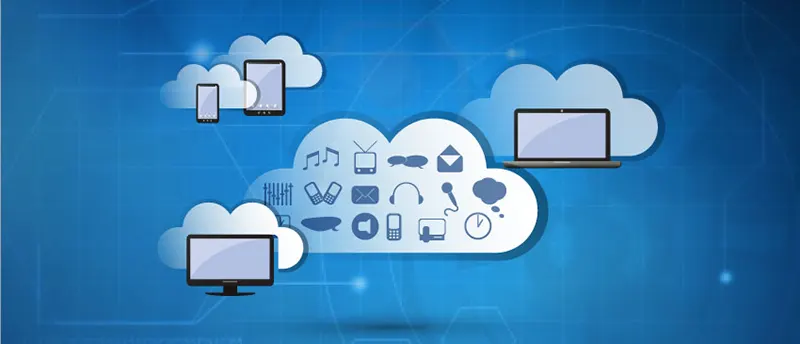Want to Know the Future of Cloud Computing 2019? Let’s Read
Cloud computing is not a newly coined term anymore since it has been more than a decade since this technology came into existence. As Cloud computing has flourished as a fully fledged technology, more and more business organization are showing interest in availing its service. According to multiple latest surveys, in the next four years, organizations will spend half of their investment for IEEE Cloud computing.
Sometimes, companies are seen rushing to the bandwagon of cloud computing without even considering their own capability. Such decisions will only affect productivity rather than improving it. So, it is wise for the interested organizations to learn about Cloud Computing benefits first. But what is the future of Cloud Computing in 2019? Read on to know the trends that will rule the Cloud technology in the upcoming year.

The Cloud Computing in 2019: Features that will Dominate the Cloud Industry
1. Hike in Cloud Computing Expenditure
As new technologies will add up into what we call “Cloud Computing,” companies will spend more money on this service. All the leaders of Cloud Technology including Amazon, Google, Microsoft, IBM, etc. will broaden their scope by adding new Cloud services and improving existing services. In 2019, the market size of cloud computing worldwide will cross 200 billion USD.
2. Introduction of New Approaches
Some more structures will get added to Cloud management, leaving three different ways for the organizations to take.
Organizations can use vSphere and developer-focused tools to build the system by themselves.
They can also use converged software stacks to have the system prepared.
Companies can construct the system with OpenStack and utilize the capacity of their own team.
3. Leverage Issues for PaaS Strategies
The big question before companies in 2019 will be whether to give emphasize on neutral Cloud or PaaS (Platform as a Service) specific to any cloud provider. No matter which one they choose, the constant evaluation should go on make sure if the approach is still effective till the current date.
4. Increasing Popularity of SaaS-based System
The year 2019 will see the amalgamation of SaaS industry and integration, as the result of which, organizations will be able to connect in real time. SAP may form a more productive system for the manufacturers who need to switch suppliers on an urgent basis due to some external reasons.
5. Data Containers and Serverless Computing
The usage of data container will continue to increase in 2019 (even better than 2018) because the companies will attempt to revive legacy applications. Companies will also introduce digital application platforms as their move towards modernization. Serverless computing is also having increased popularity as users do not need to purchase or rent or configure the PaaS containers.
6. The growth of Hybrid Clouds
Hybrid Cloud offers freedom and strength to the organizations, and that is why it will turn out to be the paramount business model of 2019. Since Hybrid Clouds are made of public Clouds as well as private Clouds, so users can get the benefits of both from it. Even within the Hybrid Cloud systems, “Cloud bursting” feature will dominate. Cloud bursting happens when some resources run within the private Cloud. When there is a sudden surge in demand, the application bursts to tap into the additional resources of the public Cloud.
Planning to Move to Cloud? Watch Out for these Mistakes
As we have mentioned in the beginning, many companies behave hastily when it comes to moving to Cloud. One must not switch to Cloud it just because some experts have said so. Migration into Cloud computing may not save cost in your case. To determine this, consider on-premise capacity and other risks involved with this process including the cost.
Companies also have to consider for how long they are going to be involved with the Cloud service providers and also, the ability of the provider to provide the required support and service. They need to take into account the hidden charges that may increase their expenses. Last but not least, make sure to consider accountability that requires companies to abide by the legal and regulatory obligations.
In case you have considered the pros and cons of Cloud Computing and decided to switch, SysTools can help you with this matter. To know more, visit this link.

